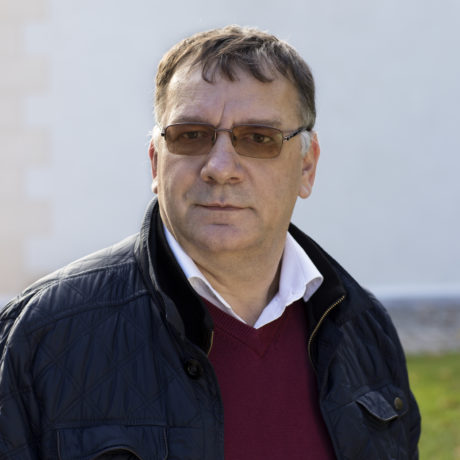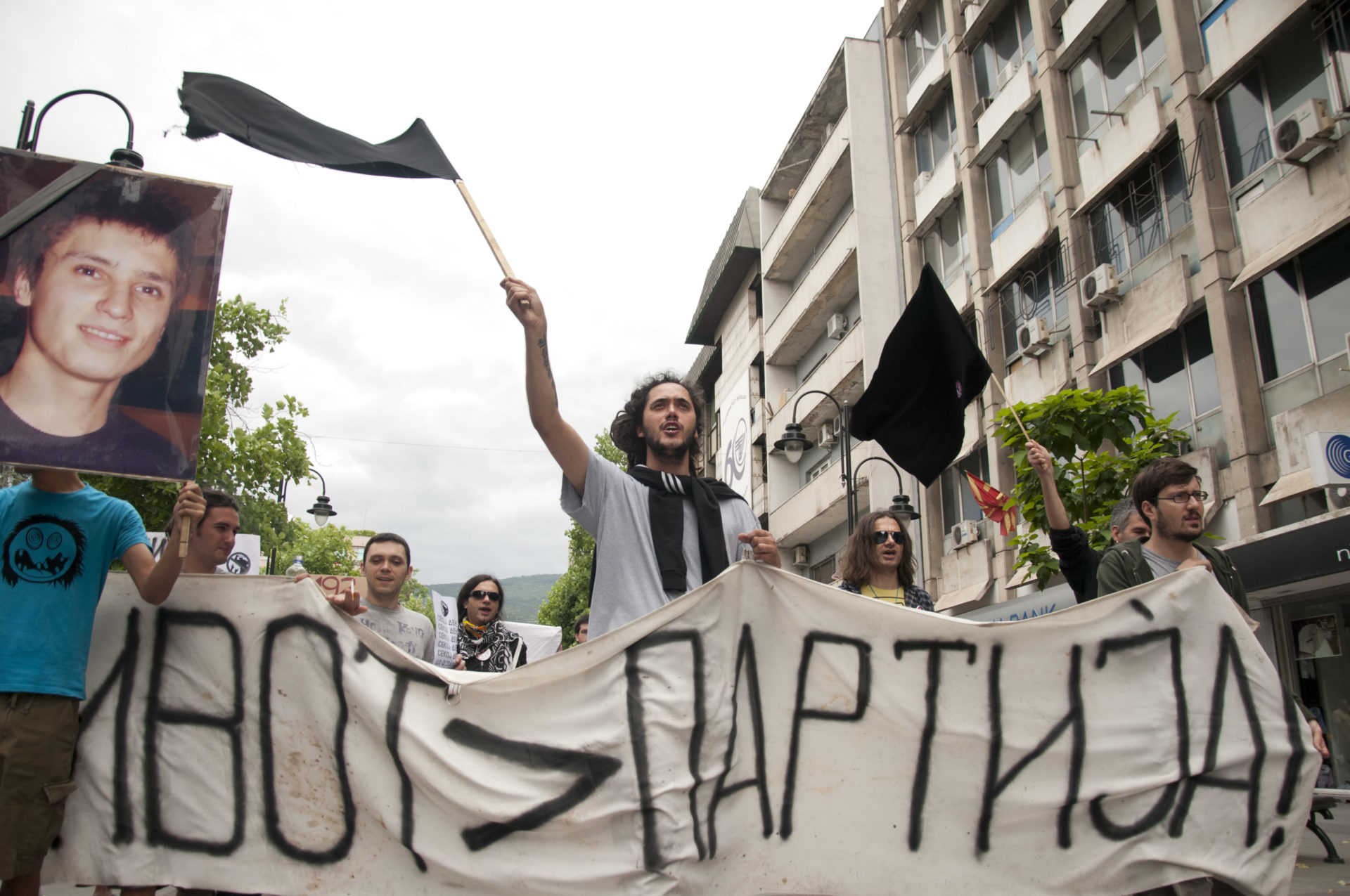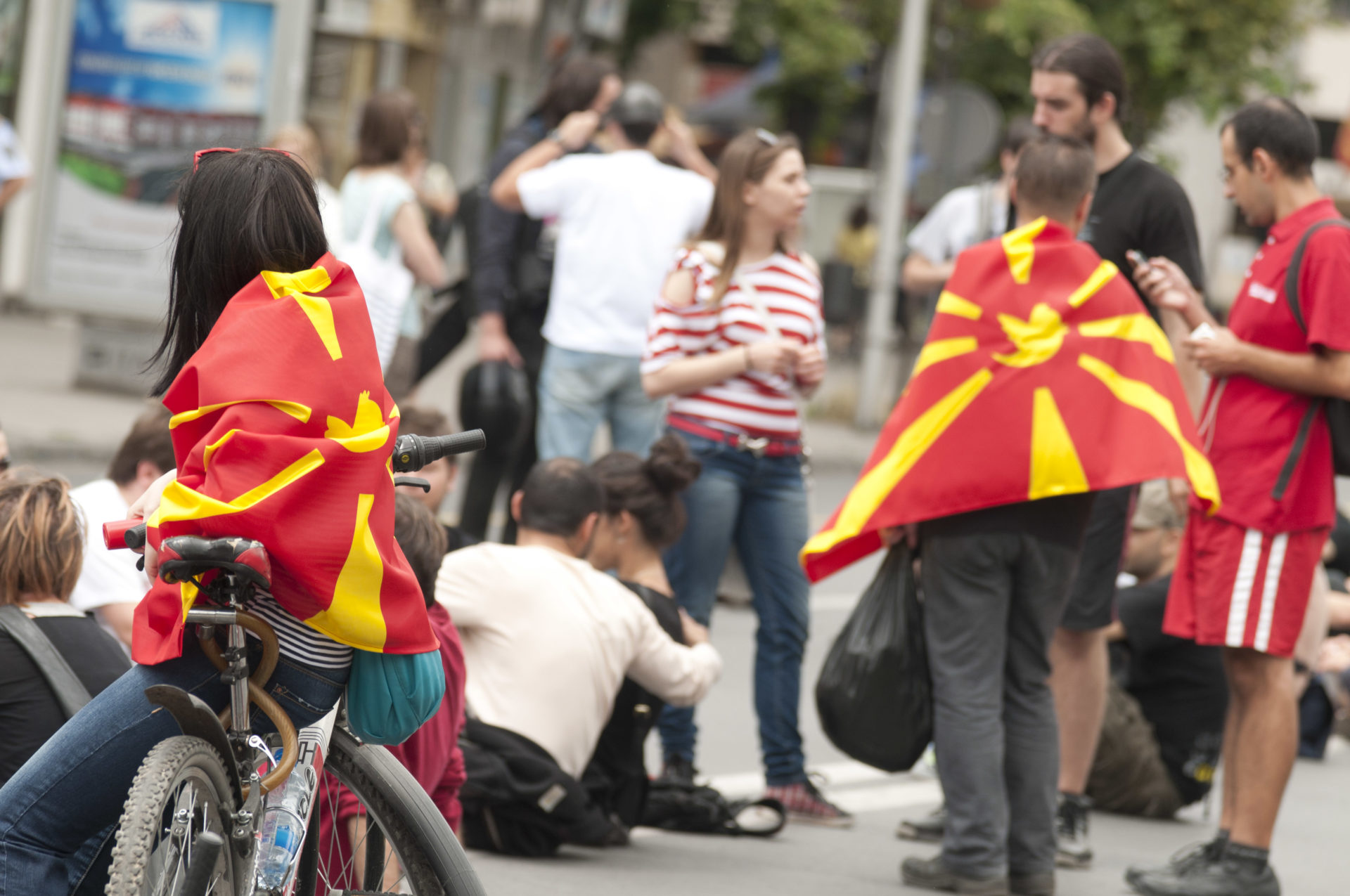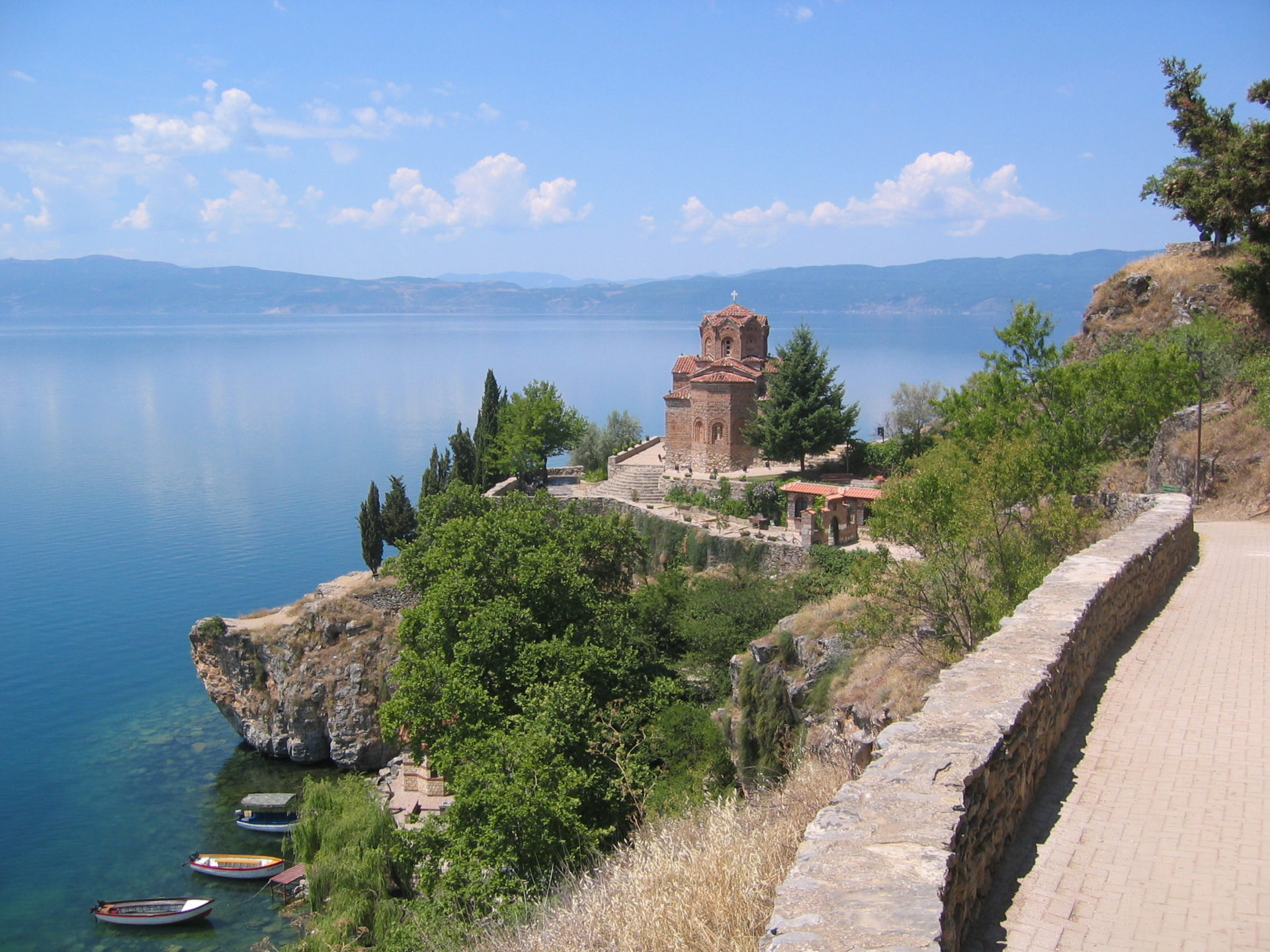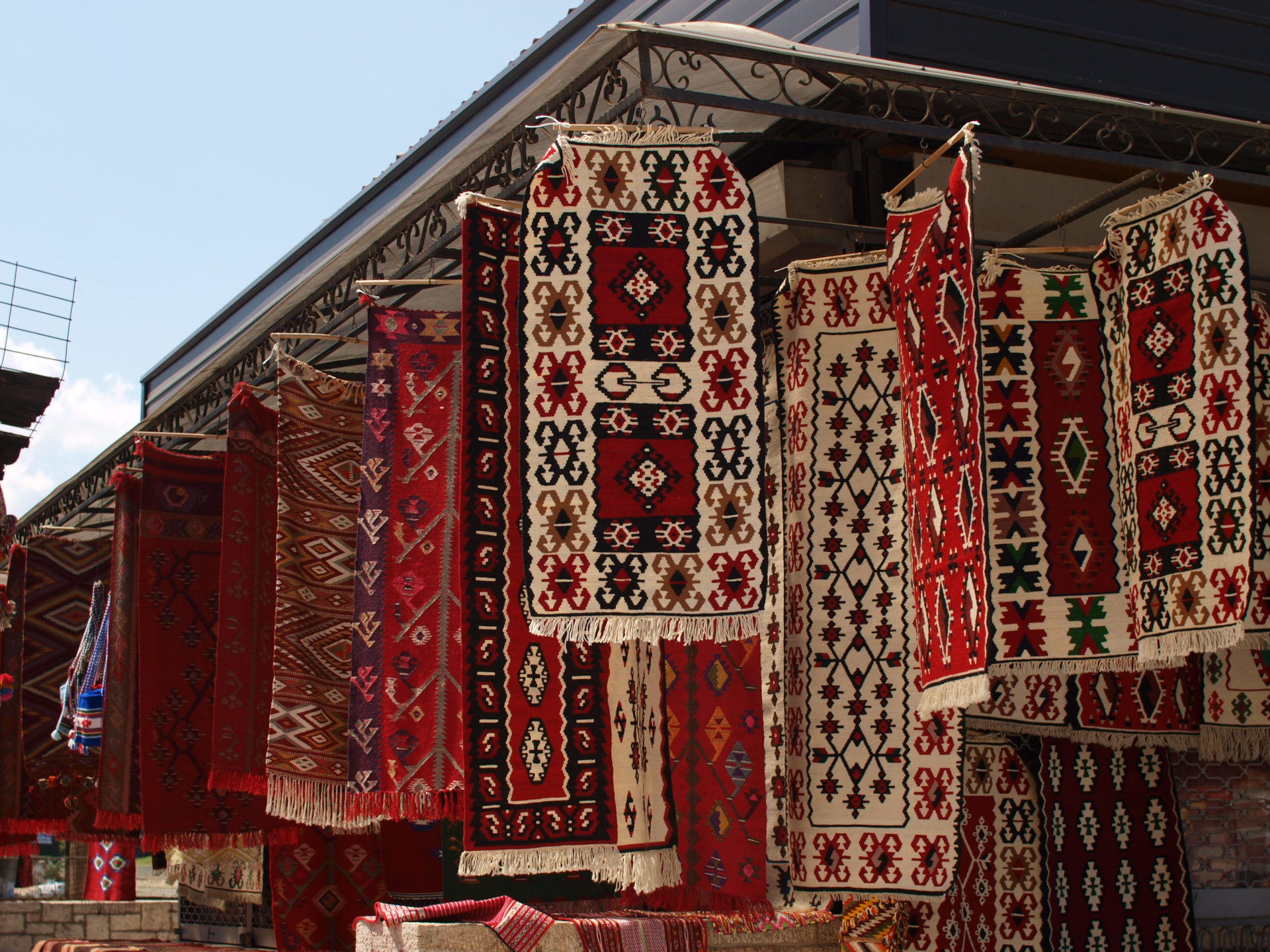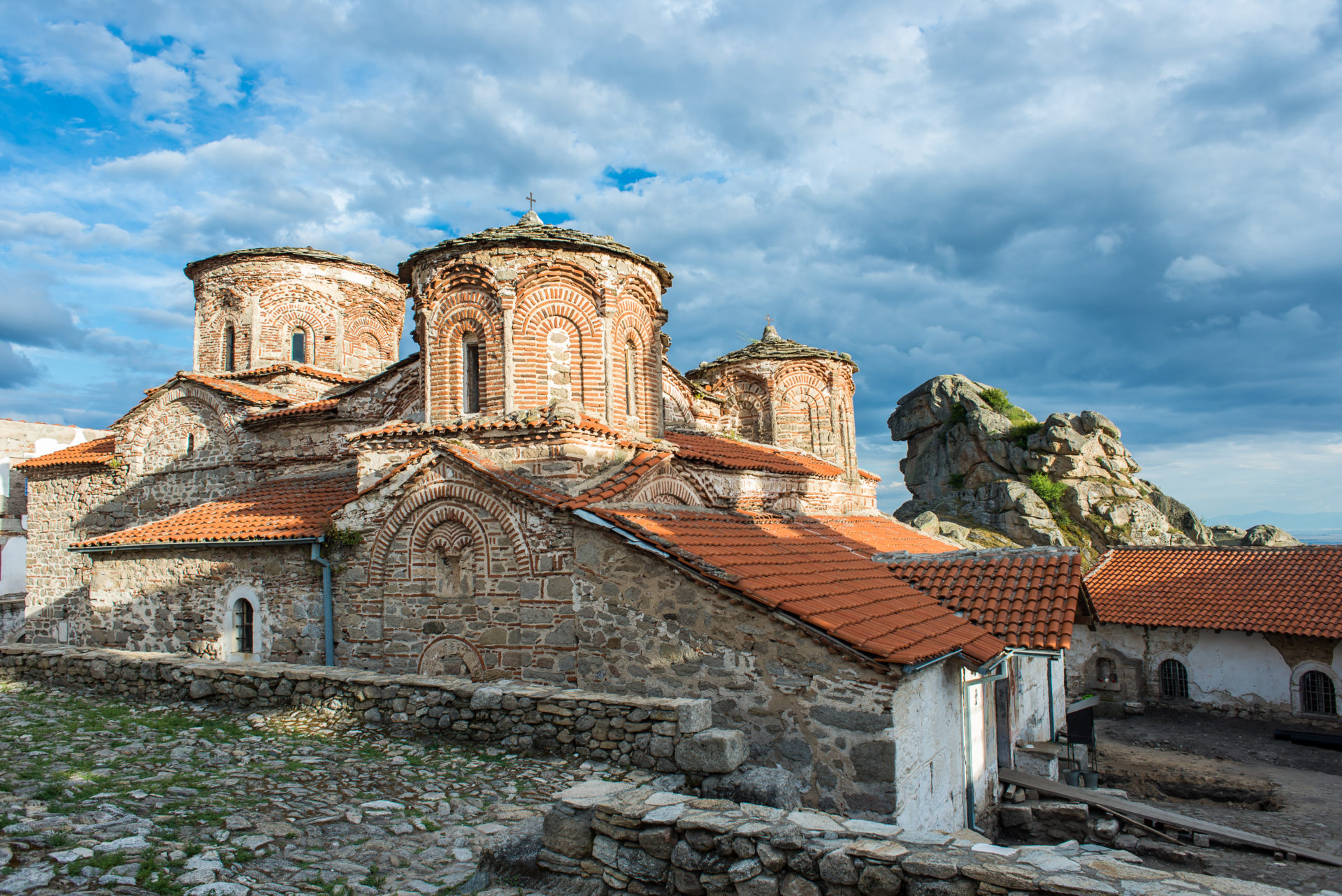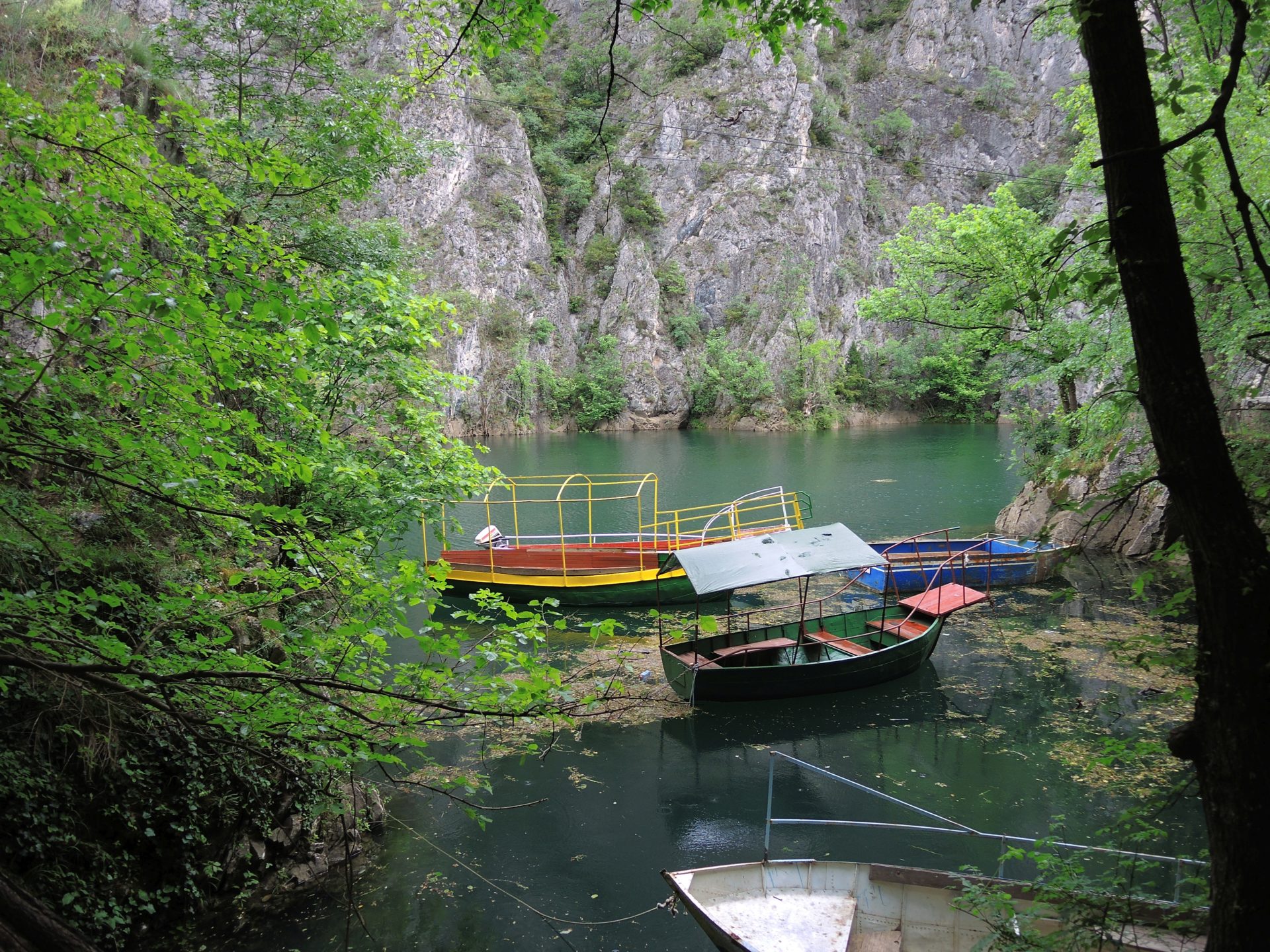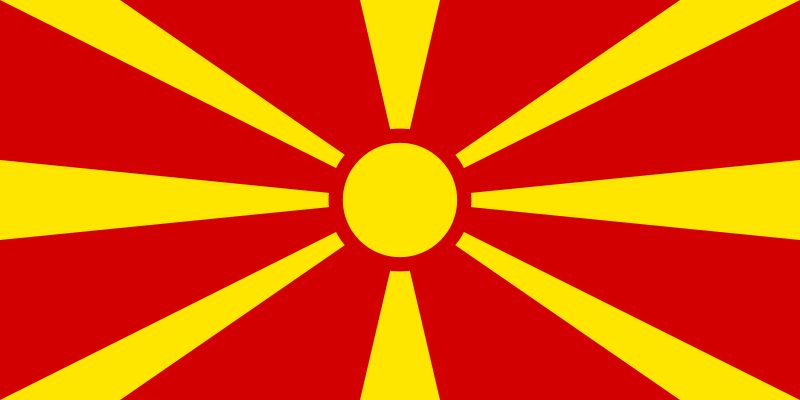
North Macedonia
- Governance: Republic
- Capital: Skopje
- Population: 2 million
- Religion: Orthodox Christianity, Islam
- Language: Macedonian, Albanian
- Location: Balkans, Europe
- Democracy index: Partly free, 58/100
Especially known is perhaps, the Ohrid lake. The lake is encircled by the historic city of Ohrid, which has been on UNESCO’s list of world cultural and natural heritage since 1979. The population is composed of many different ethnic and religious groups, but they still find each other in a musical community. Macedonians are known to be music lovers: they are both good singers and dancers.
North Macedonia has a long history of linguistic and cultural oppression. Early in the 90’s, after the declaration of Macedonian independence, the country struggled with cultural nation-building. It all culminated in a large-scale project announced in 2010: “Skopje 2014”. The goal of the project was to give the capital a more “classic Macedonian” radiance.
North Macedonia today
A delicate name problem with neighbouring Greece, has had an impact on today’s North Macedonia. The largest and second most populous region in Greece is also called Macedonia. In the early 1990’s, Greece refused to recognize the new state named Macedonia. This has led the country to be officially recognized as, the Former Yugoslav Republic of Macedonia (FYROM). The name-problem and the tense relationship with Greece, has delayed North Macedonia’s membership in the EU. North Macedonia proclaimed a goal of joining the EU already in 1992, but the name conflict has actually hindered membership. However, in June 2018, the parties agreed on the name Republic of Northern Macedonia.
A conflict between Macedonians and Albanians broke out in 2001. The conflict ended with the signing of the Ohrid agreement, where the goal was to improve the Albanian’s rights in the country. Today, the ethnic conflict is stable, but tensions between Macedonians and Albanians occur on a regular basis. North Macedonia is also struggling with economic and social instability, which has led many young people to move out of the country – westward – hoping for a better life. In addition, the country faces challenges related to an ineffective system of justice, freedom of the press and the rights of LGBTI-persons.
NHC
The Norwegian Helsinki Committee (NHC) has been active in North Macedonia for many years. We have supported the local civil society and have implemented a number of projects and education programs.
History
Around year 600, Slavic settlers settled down in the geographical area that is now North Macedonia. In the 1300s, North Macedonia became part of the Serbian medieval state, where Skopje was made capital. At the same time, the Ottoman Turks began to attack the Balkans. In 1389, the Serb army was hit in the “Battle of Kosovo”. Macedonia was part of the Ottoman Empire for around 500 years until 1912. The Ottomans were expelled from North Macedonia, and during the Second Balkan War in 1913, North Macedonia was divided between Serbia and Greece. Macedonian culture and language were systematically suppressed by the Serbs.
When the precursor of Yugoslavia – the Kingdom of Serbs, Croats and Slovenes – was established in 1918, parts of North Macedonia became a part of the new kingdom. However, during world war two, Yugoslavia was occupied by German and Italian forces. This occupation led North Macedonia to become included in a, Greater Bulgaria, ruled by the Germans. North Macedonia’s relationship with Bulgaria was tense, and in 1944 North North Macedonia became a sub-republic of Yugoslavia. Macedonian was adopted as an official language and Macedonian culture was systematically rebuilt. Yugoslavia dissolved, and after a referendum in September 1991, a new Macedonian constitution was adopted. North Macedonia was now an independent state – in fact, the only former Yugoslav Republic without civil war or conflicts.
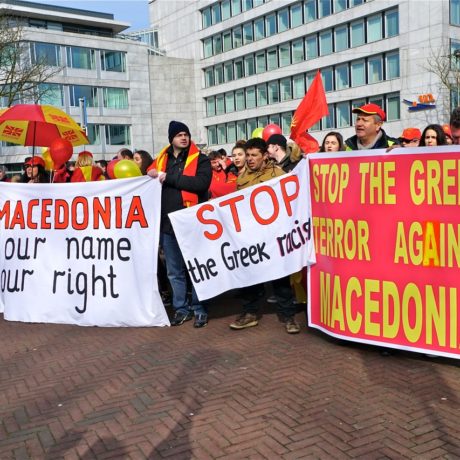
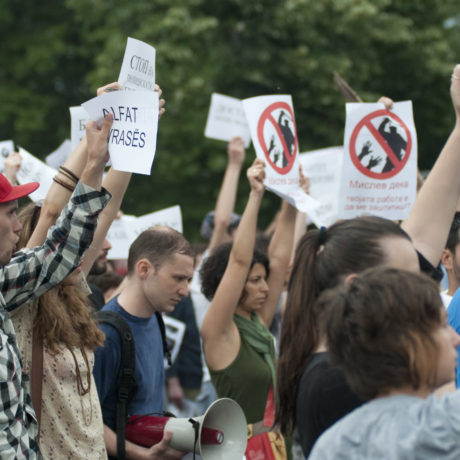
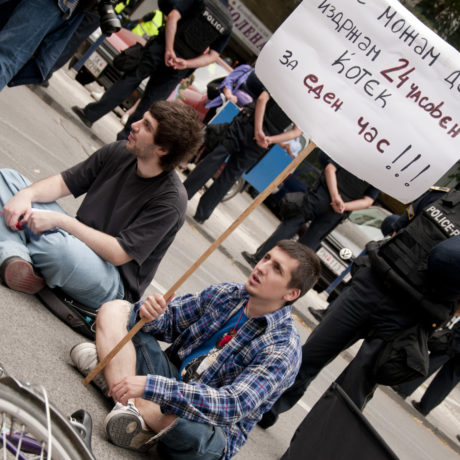
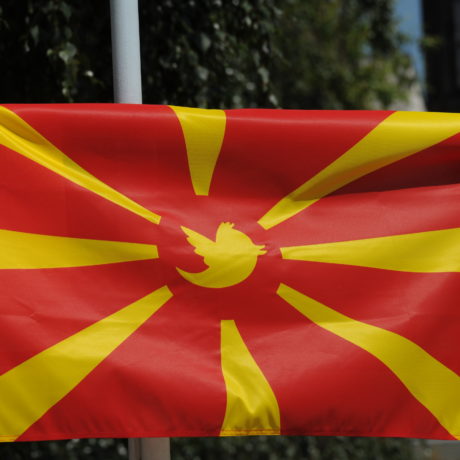
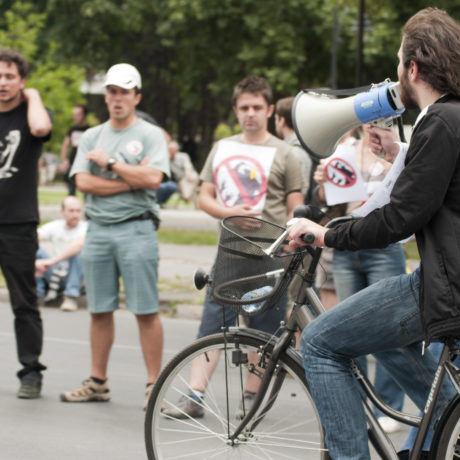
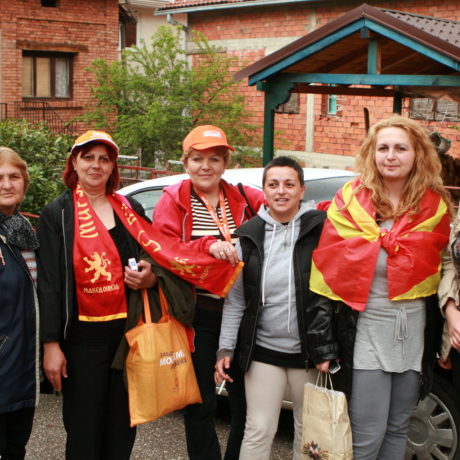
Timeline
- 600: Slavic tribes settled in Macedonia
- 865: Christianity becomes a state religion
- 1300: Macedonia becomes part of the Serbian medieval state
- 1392: Macedonia becomes part of the Ottoman empire
- 1912: The first Balkan War – the Ottomans were expelled
- 1913: The second Balkan War – Macedonia is divided between Serbia and Greece
- 1941: Macedonia becomes part of Bulgaria, which is under German control
- 1944: Macedonia becomes part of Yugoslavia
- 1991: Referendum: Macedonia is declared independent
- 1993: Macedonia seeks membership in the EU
- 1994: Greece introduces economic embargo of Macedonia because of a name-conflict
- 1995: Greece accepts the name “FYROM” as a temporary solution
- 2001: Ethnic conflict between Albanians and Macedonians
- 2005: The EU Commission proposes that the country be a candidate for the EU

